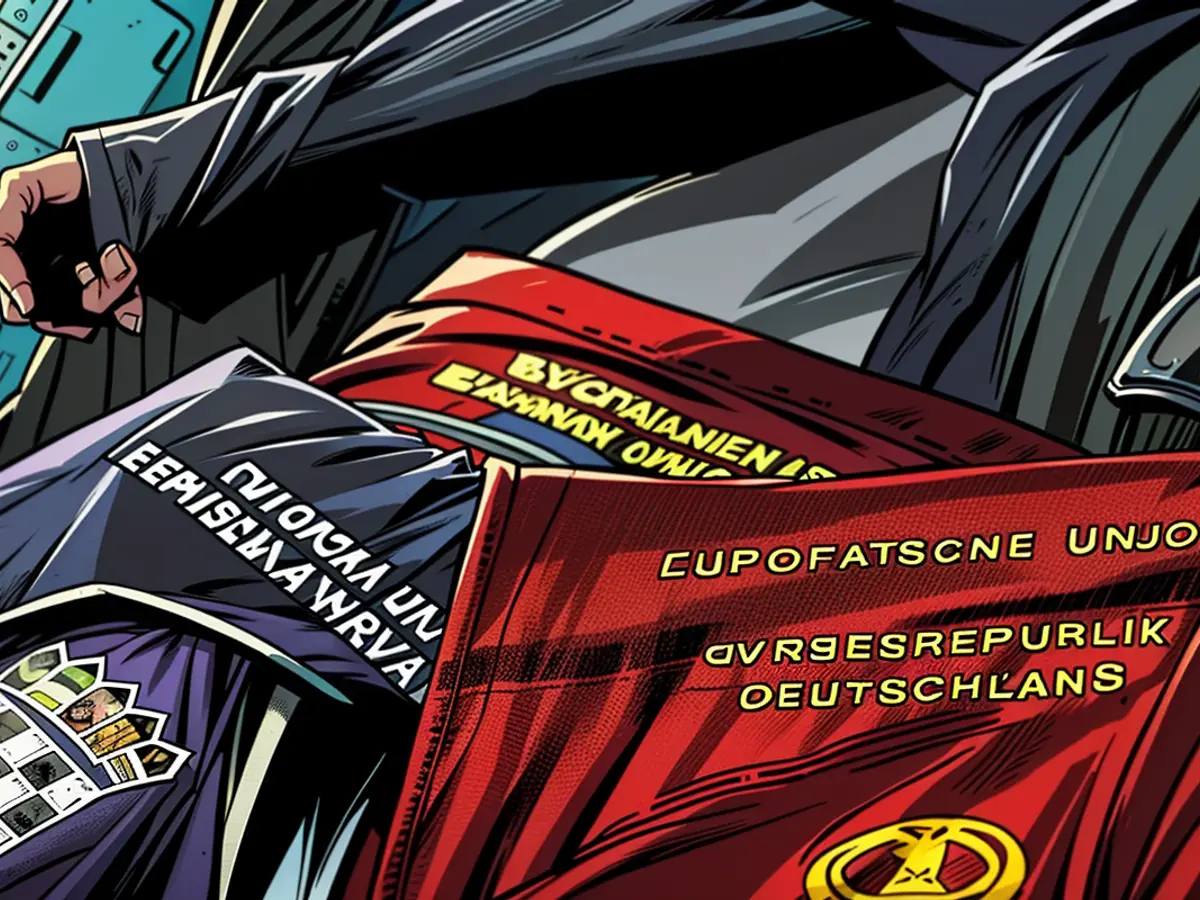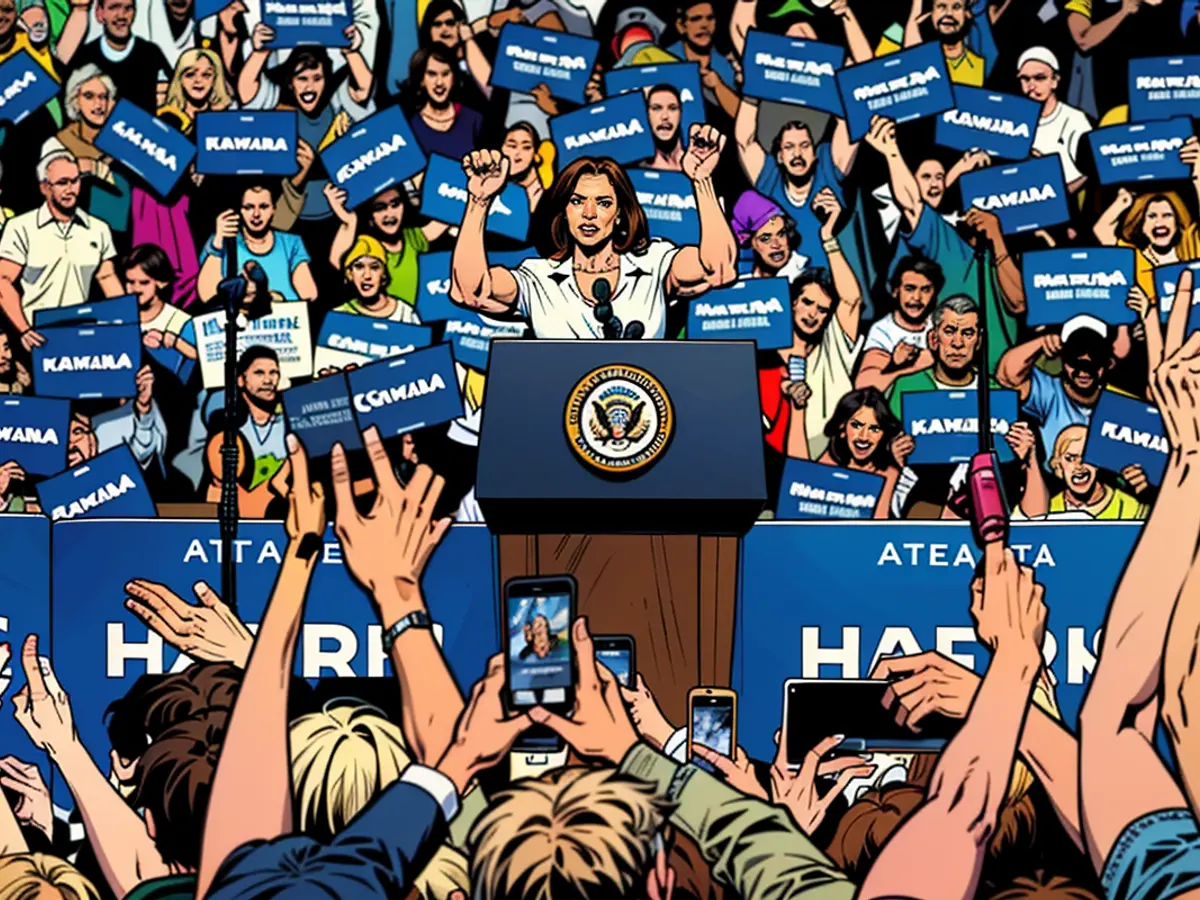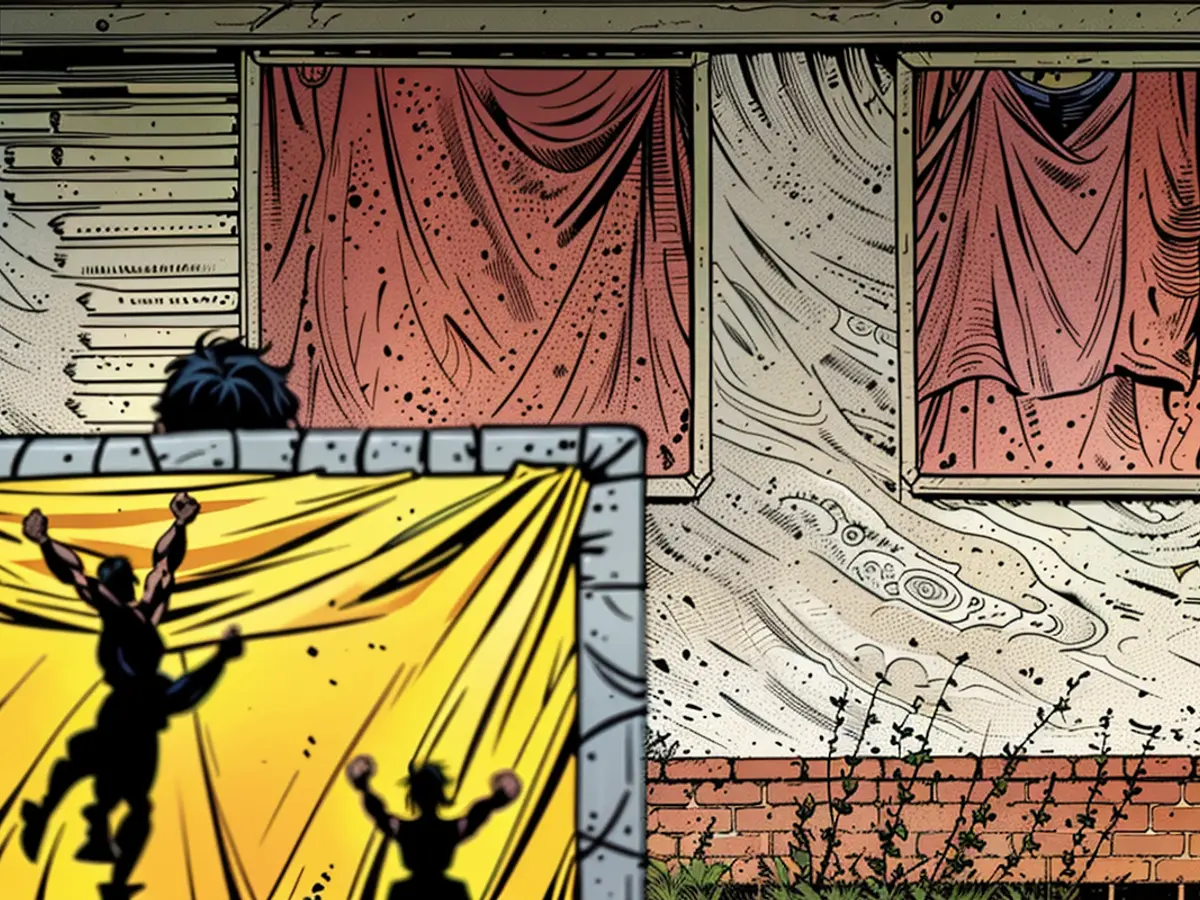- Pistorius defends the missile stationing - concerns in the SPD
In light of the planned deployment of long-range US weapons in Germany, representatives of the ruling party, the SPD, continue to express concerns. Federal Defense Minister Boris Pistorius, also of the SPD, has once again defended the plans. Criticism comes from the Green party, the government's coalition partner, regarding the communication of the decision to deploy the weapons by Chancellor Olaf Scholz (SPD).
SPD MP Stegner: Negotiate with Russia
SPD Bundestag member Ralf Stegner warned in the WDR 5 "Morning Echo" that "we must not make the world more dangerous, not enter a new arms race." He stated, "We must engage in negotiations with Russia. It's difficult, I know, but armament is the worst option we can have."
Stegner is not the only critical voice in the SPD. Fraktion leader Rolf Mützenich had warned of the risk of military escalation. Former party leader Norbert Walter-Borjans criticized the lack of debate over the decision of the federal government.
Long: Communicate decision transparently
At the NATO summit three weeks ago, the USA and Germany announced the deployment of Tomahawk cruise missiles, SM-6 missiles, and new hypersonic weapons from 2026 onwards, justifying it as a response to threats from Russia. The joint decision came as a surprise to many Bundestag members. Criticism and demands that the topic be put on the Bundestag's agenda came from several parties, including Pistorius' SPD.
Green party leader Ricarda Lang showed openness to this in the RTL/ntv show "Early Start": "I think it would be sensible to have a more societal and politically strong debate about this." She criticized the communication on the topic: "It would have been good if Chancellor Olaf Scholz had used the chance to communicate this decision transparently to the population and explain the reasons behind it."
Lang called for open communication regarding potential concerns among the population: "We Greens are a peace party and we will always remain that. But for us, peace does not mean that an aggressor can simply assert themselves, attack the peace order, and get away with it."
Government: Bundestag was informed
Formally, the Bundestag has already been informed about the issue, according to the federal government. About a week after the NATO summit, a corresponding letter from the Ministry of Defense and the Federal Foreign Office was sent to representatives of all factions in the committees for Foreign Affairs and Defense on July 19, the Federal Press Office announced. However, a debate in parliament is still being called for.
Pistorius open to Bundestag debate
Defense Minister Pistorius said on Tuesday (local time) during a visit to the US state of Hawaii that there was nothing against openly speaking about this topic in the Bundestag. "But it is originally not a topic that should have been discussed in parliament beforehand. It is also not comparable to the NATO double decision from the 80s. Therefore, we should carefully distinguish between these things."
The deployment is about conventional weapons that are not intended to be equipped with nuclear warheads. "This needs to be clearly stated to reassure those who are concerned here." Russia has had weapons of this and other ranges for some time and has violated and withdrawn from the INF treaty, which regulates nuclear intermediate-range systems. The deployment of longer-range weapons with conventional warheads is now about "real deterrence," Pistorius said.
The Green party's leader Ricarda Lang suggested a more transparent communication of the decision to deploy long-range weapons by Chancellor Olaf Scholz, as she believed it would have been beneficial for the population to understand the reasons behind it. In response to the planned deployment, representatives from The Commission (SPD) have expressed concerns about making the world more dangerous and entering a new arms race.








